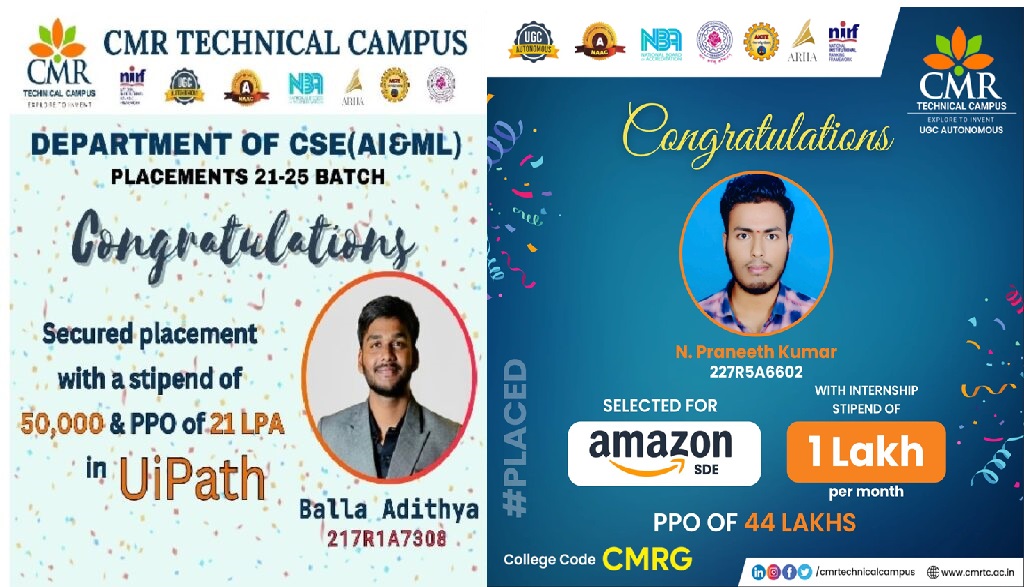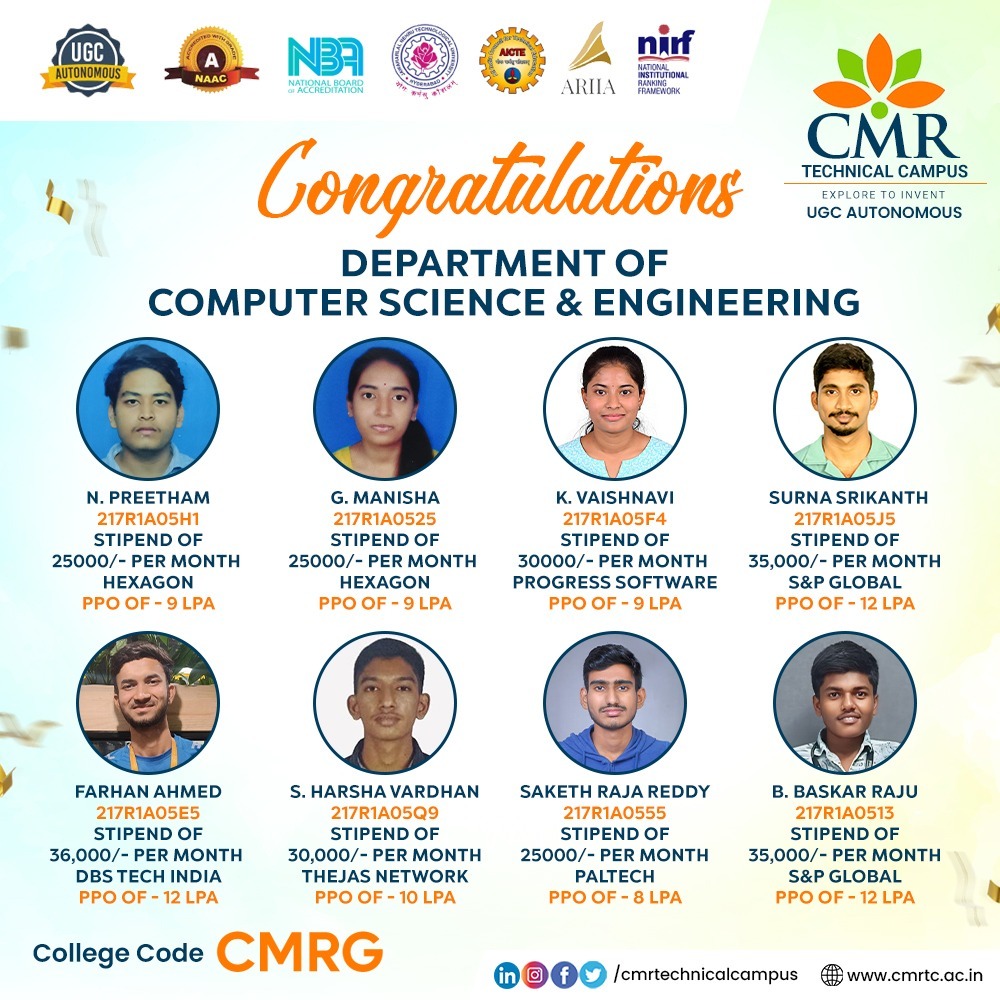Criterion II – Teaching-Learning and Evaluation
2.1.1.1 Number of students admitted (year-wise) during the year:
| Year | |||||
| Number |
2.1.1.2 Number of sanctioned seats (year-wise) during the year:
| Year | |||||
| Number |
2.1.2 Number of seats filled against reserved categories (SC, ST, OBC, Divyangjan, etc.) as per the reservation policy during the year (exclusive of supernumerary seats):
| Year | |||||
| Number |
Key Indicator – 2.2 Catering to Student Diversity
2.2.1 The institution assesses students’ learning levels and organises special programmes for both slow and advanced learners:
2.2.2 Student – Teacher (full-time) ratio:
| Year | |||||
| Number of Students | |||||
| Number of Teachers |
Key Indicator – 2.3 Teaching – Learning Process
2.3.1 Student-centric methods such as experiential learning, participative learning and problem-solving methodologies are used for enhancing learning experiences:
2.3.2 Teachers use ICT-enabled tools including online resources for effective teaching and learning:
2.3.3 Ratio of students to mentor for academic and other related issues:
2.3.3.1 No of Mentors:
2.3.4 Preparation and adherence to Academic Calendar and Teaching Plans by the institution:
Key Indicator – 2.4 Teacher Profile and Quality
2.4.1 Number of full-time teachers against sanctioned posts during the year:
Year-wise full-time teachers and sanctioned posts for the year
List of the faculty members authenticated by the Head of HEI
Any additional information
2.4.2 Number of full-time teachers with PhD/ D.M. / M.Ch. / D.N.B Super-Specialty / DSc / DLitt during the year:
List of number of full-time teachers with PhD./ D.M. / M.Ch. / D.N.B SuperSpecialty/D.Sc./D.Litt. and number of full-time teachers for 5 years
Any additional information
2.4.3 Total teaching experience of full-time teachers in the same institution: (Full-time teachers’ total teaching experience in the current institution)
List of teachers including their PAN, designation, Department and details of their experience
Any additional information
Key Indicator – 2.5 Evaluation Process and Reforms
2.5.1 Number of days from the date of last semester-end/ year- end examination till the declaration of results during the year
2.5.2 Number of students’ complaints/grievances against evaluation against the total number who appeared in the examinations during the year:
2.5.3 IT integration and reforms in the examination procedures and processes including Continuous Internal Assessment (CIA) have brought in considerable improvement in the Examination Management System (EMS) of the Institution:
Key Indicator – 2.6 Student Performance and Learning Outcomes
2.6.1 Programme Outcomes and Course Outcomes for all Programmes offered by the institution are stated and displayed on the website and communicated to teachers and students:
2.6.2 Attainment of Programme Outcomes and Course Outcomes as evaluated by the institution:
2.6.3 Pass Percentage of students:
2.6.3.1 Total number of final year students who passed in the examinations conducted by Institution:
2.6.3.2 Total number of final year students who appeared for the examinations:
Key Indicator – 2.7 Student Satisfaction Survey
2.7.1 Student Satisfaction Survey (SSS) on overall institutional performance (Institution may design its own questionnaire). Results and details need to be provided as a weblink:



 https://vidwan.inflibnet.ac.in//profile/
https://vidwan.inflibnet.ac.in//profile/


